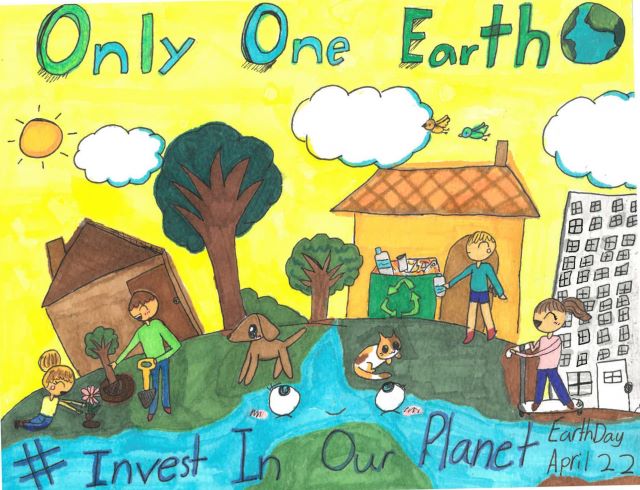
During Florida Climate Week, leaders, experts, and advocates met to share insights, raise awareness, and strategize actionable solutions for a more resilient and sustainable future in Florida.
Although Hurricane Milton made landfall during the event, leading to the cancellation of some in-person gatherings, discussions about the climate crisis went on online.
The theme of Florida Climate Week focused on the commitment of multidisciplinary forces to address the climate crisis.
Over 70 organizations took part, including the VoLo Foundation, an organization dedicated to educating the public on creating a sustainable and secure planet for future generations.
Climate Central, WildBlueSea, Florida Right to Clean Water, Nielsen, Oceanic Global, Take Action Global, Seaworthy Collective, Nexuma, The Cleo Institute, and The Environmental Defense Fund, engaged in crucial discussions.
Topics included mangrove conservation, wetland protection, extreme heat, challenges faced by outdoor workers, economic impacts, access to clean energy for low-income communities, policy issues, and sea level rise.
The presentations provided perspectives on Florida’s climate emergency for over 600 attendees and community leaders on the urgent need to spread awareness through education, engagement, and decisive action now.
The VoLo Foundation launched a campaign to gather proclamations from 267 cities and counties across Florida, urging local governments to formally recognize the urgency of addressing climate change.
So far, approximately 45 municipalities have signed these proclamations.
Shannon Maganiezin, the director of operations at VoLo Foundation, noted that “Every local government that commits to climate action strengthens Florida’s collective ability to confront the escalating impacts of climate change.”
One significant journalistic effort titled “Extreme Heat: Learning to Live the New Reality” highlights the experiences of three Latino workers performing outdoor tasks.
They pose the critical question, “How can we demand more climate action if we are not aware and informed of the impact of extreme heat?” The bottom line is clear: “Heat kills!”
Another session, “Florida Solar For All,” was presented by The Nature Conservancy in Florida, Solar United Neighbors (SUN), and the Solar Energy Loan Fund (SELF).
This program aims to deploy rooftop solar installations statewide to enhance resilience for low-income households.
Among the benefits highlighted were the significant reduction of greenhouse gas emissions, the maintenance of electricity during frequent power outages due to storms, and a 20% decrease in household energy bills.
The U.S. Army Corps of Engineers has been tasked with…
Brown and Caldwell, a leading environmental engineering and construction firm,…
Humboldt State University, one of four campuses within the California…